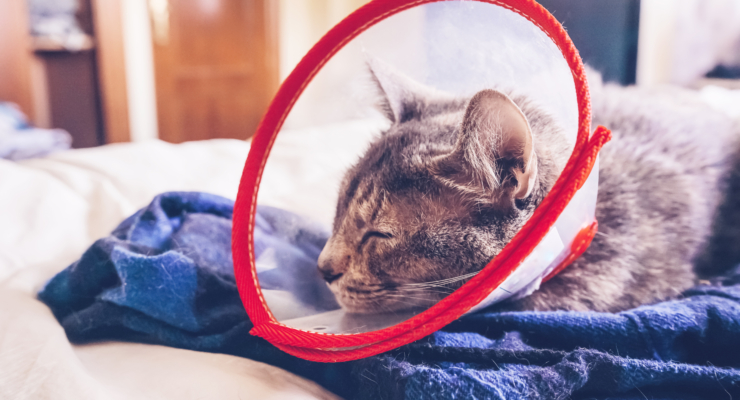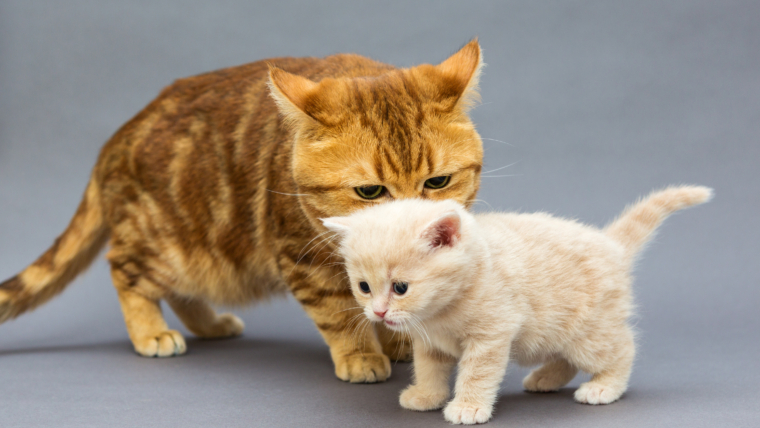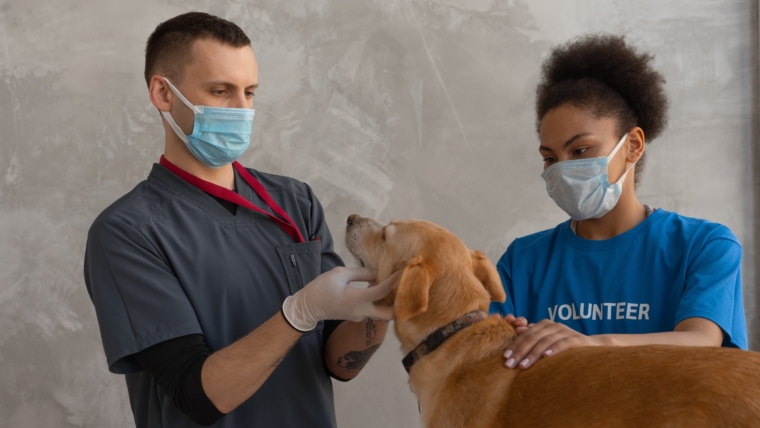Having your pet go missing is devastating…this is what you can do to prevent it.
With the amount of love and care we have for our pets, losing them is one of the worst feelings in the world. Our fur babies are generally considered to be family, so to have them away from home, potentially lost and hungry, is a devastating feeling that all of us are keen to avoid.
Why do our pets go missing? It isn’t an unusual phenomenon by any means; maybe an unchecked open gate led them to wander off curiously- only to realize they’d gone too far. Animals that end up far away from home have a difficult time finding their way back; even if a kind soul finds them, identifying the pet’s owner isn’t an easy task. There are also unfortunate cases of pets being stolen– which makes finding them near impossible. Whatever the reason, our priority will always be to bring them back home where they’d be well-fed, safe and in our arms.
They say prevention is better than cure! With that in mind, let’s dive into 4 of the best ways to keep your pet safe and to do your part to prevent them from getting lost.
1. Micro-chip away!
Pet microchipping is an easy and basically painless way of taking a precaution in case your pet gets lost/stolen. Many of us may think of microchipping as not being available in Sri Lanka. However, PetVet is proud to be the pioneer of microchipping in the whole country; it’s affordable, safe, and is considered an international requirement when relocating a pet overseas. Many countries have made microchipping pets a legal requirement because it’s a long-term solution that ensures lost animals are returned to their rightful homes.
Though having a microchip won’t stop your cat or dog from getting lost, it’ll make the process of finding them significantly easier. By injecting into them a tag that is so tiny that your pet will never know it’s there, you can have them carry all your details with them at all times- ensuring that should someone find your missing pet and take them to the nearest PetVet, they’d immediately be reunited with you upon being scanned. A digitized record is a foolproof way of identification, and will also be helpful when it comes to other procedures like vaccinations and treatment planning.
Don’t confuse micro-chipping with GPS tracking! A microchip serves as a way to identify your lost pet and the details of their home–it does not act as a way to trace their location. A GPS tracker is generally much larger in size, and as a result, can be chewed off or forcibly removed. Microchipping is also safer in the sense that it does not allow open access to your information; your details can only be accessed through a centralized and secure platform, authenticated via an OTP.
2. Time to get fixed

Spaying/neutering your pets is always a good step, as it prevents excessive repopulation and also keeps them from roaming around in search of a mate. Spaying and neutering is also helpful in that it prevents your pets from succumbing to life-threatening health concerns like testicular cancer.
Male cats and dogs are notorious for sneaking out of their homes to visit their many love interests, and it is not unfeasible that they might stumble upon some unwanted harm along the way. While it is a common misconception that spay-neutering leads to (undesirable) personality changes, it’s simply a procedure that will ensure the safety of your pet at the end of the day. If your dog or cat is no longer young, do make a quick trip to a reliable vet to get them fixed- your fur baby will go from overly adventurous to a happy homebody in no time.
3. Secure your premises
They’re runners, they’re track-stars! No matter how much love we shower them with, and no matter how happy they truly are at home, our furry friends occasionally love to bolt out of the door before we can even blink. This endearing (and let’s not mince words, definitely annoying) habit can lead to troublesome results if the area beyond your house isn’t properly closed off.
If your pet is generally one to know their way around the neighbourhood then this may not apply to them, but having sturdy fences and external walls is a good way of making sure your fur babies don’t have the misfortune of leaving your premises- only to lose their way. Take a good look around your home and garden and check for escape routes that your pet might sneakily be able to access; then you can be content in having them run around your garden without getting lost.
4. Attention!

Being attentive to our pets’ daily routine will be extremely helpful in narrowing down where they could have gone should they go missing. No matter how well-behaved your pet may be, they might well have a mischievous streak to them. If you’re taking your dog for a walk, make sure they stay securely leashed. Keeping an eye on them is pivotal to make sure they stay safe- they aren’t called fur babies for nothing!
If you live in an area with a lot of surrounding houses, be neighbourly and acquaint yourself and your pets with them. Should your pet scamper away or have something harmful happen to them unbeknownst to you, your neighbours could have been paying attention to the street; and would know to notify you.
No matter how much they annoy us, our pets are very often the apple of our eye. Keeping them safe from harm is a must, and taking steps like these to make sure you don’t lose them is vital. Your pets are prone to mischief, but it’s important to do our part to keep them safe.
Do reach out to us if you have any questions or concerns about the services we offer (microchipping/spaying and neutering), we’d be more than happy to help!



